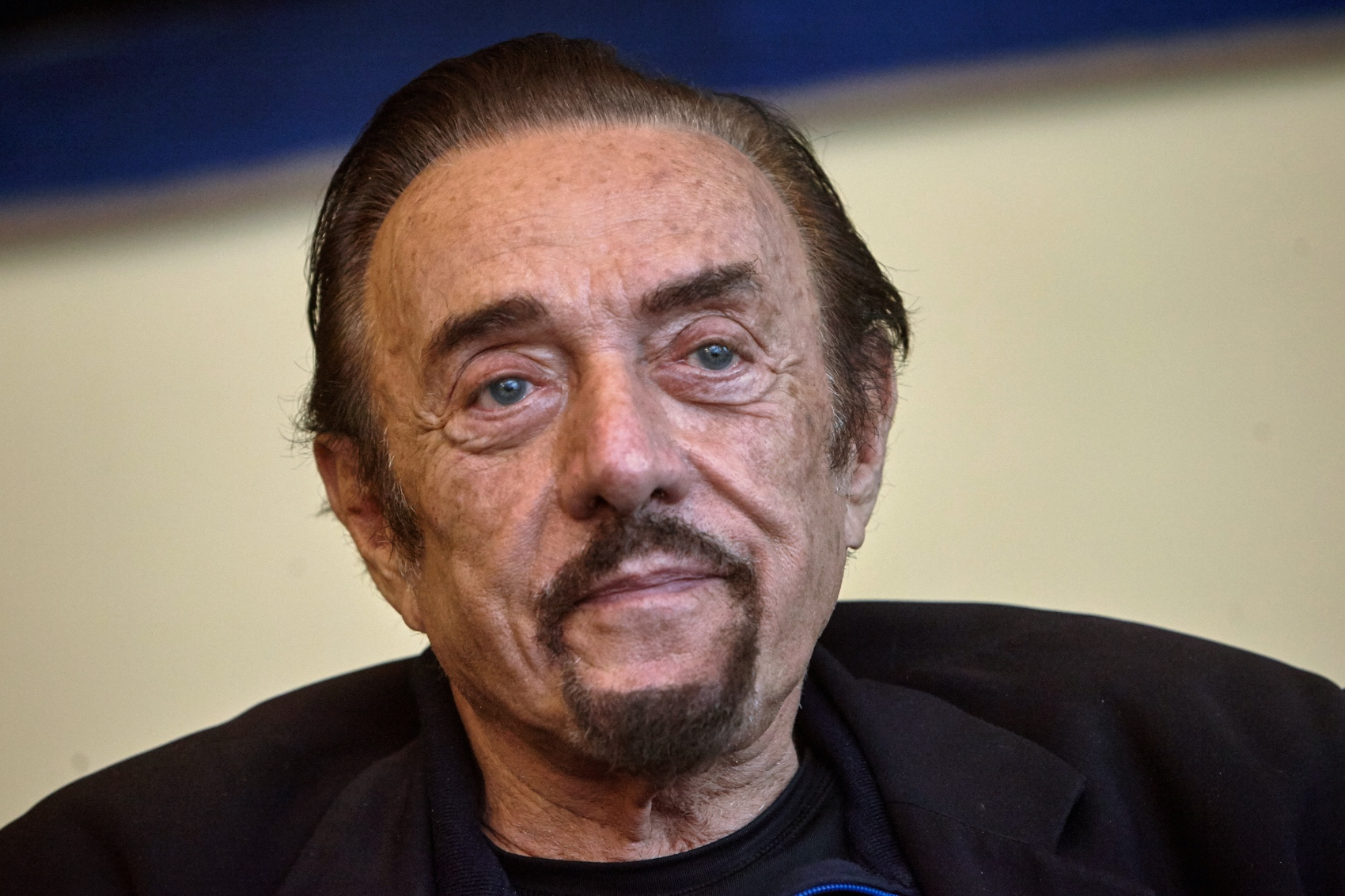Philip Zimbardo, Psychologist Behind the Stanford Prison Experiment, Dies at 91

Philip G. Zimbardo, the renowned psychologist famous for the controversial “Stanford Prison Experiment,” has passed away at the age of 91. His death was announced by Stanford University on Friday, revealing that Zimbardo died on October 14 at his home in San Francisco. The cause of death was not disclosed.
Zimbardo’s name became synonymous with his 1971 Stanford Prison Experiment, a study designed to explore the psychological impact of imprisonment. In this experiment, college-aged male participants were assigned roles as either prisoners or guards within a mock prison setting constructed in the basement of a building on the Stanford campus. Originally intended to last two weeks, the study was abruptly halted after just six days due to the extreme emotional and psychological effects it had on the participants. Those playing guards exhibited abusive behavior, while the prisoners became anxious, emotionally unstable, and enraged.
Zimbardo himself faced significant criticism for his active role in the experiment, as he assumed the position of “superintendent” and became an active participant, losing the objectivity expected of a researcher. He later reflected on the study, co-writing with one of his graduate students that the “outcome was shocking and unexpected.”
The Stanford Prison Experiment remains a focal point in discussions on the psychology of power, authority, and evil, as well as the ethical considerations of psychological research involving human subjects. It continues to be widely studied in psychology courses.
Beyond the prison study, Zimbardo’s research spanned various topics, including persuasion, hypnosis, cults, shyness, time perspective, altruism, and compassion. His work had a profound influence on psychological science, offering insights into human behavior and the darker aspects of social dynamics.
Zimbardo is survived by his wife, Christina Maslach Zimbardo, who was instrumental in bringing the Stanford Prison Experiment to an end after witnessing its damaging effects on the participants. He also leaves behind three children and four grandchildren.













